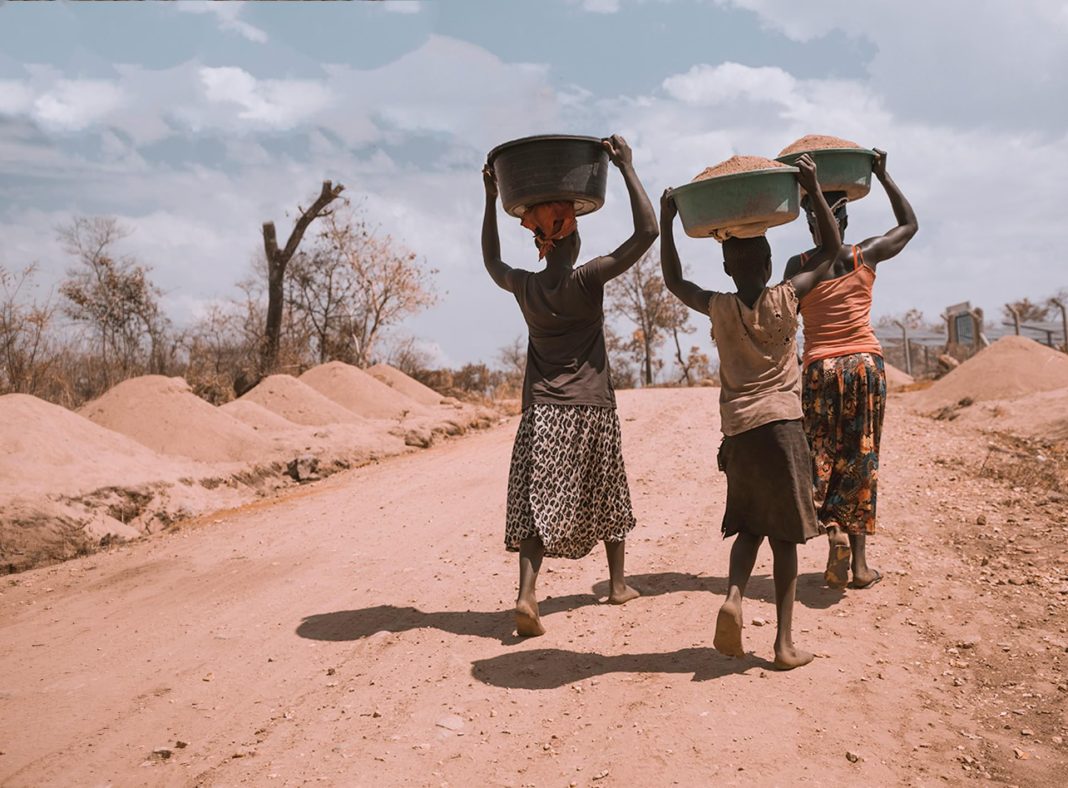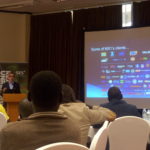According to the most recent United Nations Development Programme (UNDP) Human Development Report, Uganda has met the criteria to graduate to a lower-middle income economy. The authors said the country had elevated its human development indicators across income levels, health, and education and reduced inequalities.
The highly anticipated 2023/2024 report, launched at Makerere University in Kampala, painted an encouraging picture of Uganda’s development trajectory. The country now ranks 159th out of 193 countries and territories assessed, a big jump from its previous ranking of 166th in the 2021/2022 report.
“In the 2023/2024 Human Development Report, Uganda has for the first time moved to the category of medium human development,” announced Ms. Nwanneakolam Vwede-Obahor, the UNDP Resident Representative in Uganda. “This is something we need to recognize and celebrate the progress the country is making on the human development front.”
A Multifaceted development journey
The UNDP report sheds light on several human development areas where Uganda has made notable progress between 1990 and 2022. During this period, the country’s Human Development Index (HDI) value increased by an impressive 67.2 percent, rising from 0.329 to 0.550.
One of the most notable achievements is the significant increase in life expectancy at birth, which rose by 17.2 years. The authors of the report attributed it to enhanced access to healthcare services, better nutrition, and targeted public health programmes implemented by the government.
Education has been another area of remarkable progress, with the adult literacy rate (ages 15 and above) climbing by 5.8 years during the same period. The report commends the government’s efforts to promote lifelong learning and expand educational opportunities, often in collaboration with private and charitable sector partners.
Economic growth and income levels
The most striking indicator of Uganda’s development strides is the substantial increase in Gross National Income (GNI) per capita, surging by an impressive 153.1% between 1990 and 2022. This robust economic growth has been fueled by various factors, including increased foreign investment, diversification of industries, and the promotion of entrepreneurship.
According to the World Bank’s classification, lower-middle-income economies have a GNI per capita between $1,086 (Shs4.2 million) and $4,255 (Shs 16.4 million) as of 2023. Uganda’s achievement in crossing this threshold is a testament to the country’s dedication to fostering an enabling environment for sustainable economic growth.
Implications, opportunities, and policymaking
Attaining lower-middle-income status is a significant accomplishment for Uganda, as it signifies the country’s integration into a new era of development opportunities. This classification opens doors for increased access to international funding on more favourable terms, advantageous trade agreements, and enhanced cooperation with global partners.
“Uganda’s transition to the medium human development category aligns with an exciting message that I got a few days ago. The UN committee for Development Policy has announced that Uganda has now fulfilled the criteria for graduation from the least developed country to the lower-middle-income country category for the first time,” remarked Ms. Susan Ngongi Namondo, the UN Resident Coordinator in Uganda.
With its newfound economic status, Uganda will enjoy more favourable loan borrowing terms and grants from institutions like the World Bank, African Development Bank, and other multilateral development banks. This increased access to financial resources, coupled with an influx of international trade and foreign investments, is expected to support the country’s ongoing development and economic expansion in the coming years.
Of course, as with many nations in the medium human development category, Uganda must implement regulations to foster growth in sectors beneficial to public welfare while restricting potentially harmful industries. Just like they banned primetime TV ads for companies that sell cigarettes, promote alcoholic drinks, or allow citizens to demo roulette casino online, lawmakers will pass a raft of incentives to encourage development partners, private sector, and civil society organisations to help solve challenges outlined in the report.
Challenges and the road ahead
While the report highlights Uganda’s move to a higher economic tier, it also points to areas that require continued attention and strategic policymaking. Income inequalities and disparities in access to healthcare and education remain pressing concerns, as the top 10% of earners receive 35.7% of national income, compared to just 2.5% for the bottom 10%.
“We have the opportunity, as we move into that lower-middle-income category, to plan for it because it will cause short-term disruptions in the budget. Some things will disappear. So, we need to plan and make sure that we can adequately handle the move smoothly into lower-middle-income countries categories,” cautioned Ms. Namondo, the UN Resident Coordinator.
To address these challenges, the Ugandan government has pledged to increase investment in initiatives like the Parish Development Model (PDM) to ensure no citizen is left behind. Prime Minister Robinah Nabbanja called upon all stakeholders, including government agencies, development partners, civil society organisations, academia, and the private sector, to join hands in addressing the issues outlined in the report.
“We must combat divisions and strengthen service delivery to address the common needs of our population and pave the way for a more equitable and sustainable future,” she said. “As we work on this journey, let us draw inspiration from the progress we have so far made. As a country, we are remaining firm in our commitment to human development.”
As Uganda embarks on this new chapter, sustained efforts and strategic policymaking will be crucial to consolidating the gains made thus far and propelling the country towards even greater heights of development. The UNDP report serves as a beacon of hope, highlighting the vast potential for Uganda and its people.







